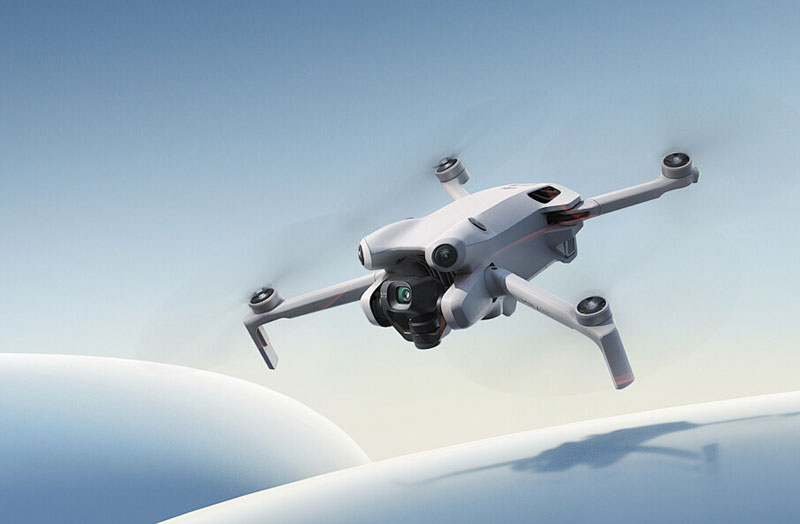Introduction to Drone Pilot’s License
Drones have become increasingly prevalent in various industries, and obtaining a drone pilot’s license can open up numerous opportunities for aspiring pilots. Whether you aim to fly for commercial purposes or you are passionate about aerial filming, understanding the process of acquiring a drone pilot’s license is crucial. This guide will provide a comprehensive overview of the steps involved, the requirements, and the benefits of having a drone pilot’s license.
Understanding the Requirements
To obtain a drone pilot’s license, also known as a Remote Pilot Certificate, you must meet certain criteria established by the Federal Aviation Administration (FAA). First and foremost, you need to be at least 16 years old. Additionally, proficiency in English is mandatory, as it ensures proper communication with air traffic control and the ability to comprehend aviation-related documents.
The Steps to Obtain Your License
- Prepare for the Test: Prior to applying for the license, you’ll need to pass the FAA’s Aeronautical Knowledge Test. Study materials are available online and can help you understand various aspects of drone operations, including airspace classifications, weather principles, and emergency procedures.
- Schedule and Take the Test: Once you’re ready, schedule your test at an FAA-approved testing center. Achieving a passing score is essential for moving forward with your application.
- Apply for the License: After successfully passing the test, you can apply for your Remote Pilot Certificate via the Integrated Airman Certification and Rating Application (IACRA) website. Here, you’ll need to provide personal details and certify that you’ve passed the test.
- Complete TSA Security Clearance:
 The Transportation Security Administration will conduct a background check to ensure safety standards are met. Upon obtaining clearance, you’ll be awarded your drone pilot’s license.
The Transportation Security Administration will conduct a background check to ensure safety standards are met. Upon obtaining clearance, you’ll be awarded your drone pilot’s license.
Benefits of Having a Drone Pilot’s License
With a drone pilot’s license, you gain access to commercial opportunities, from real estate photography to agricultural surveillance. This certification not only enhances your credentials but also provides legal protection when operating drones professionally.
Tips for Maintaining and Utilizing Your License
It’s essential to keep up with changes in regulations, as the drone industry is continually evolving. Regularly check for updates from the FAA regarding drone operations and advancements in technology. Additionally, invest time in refining your flying skills and expanding your knowledge on drone management tools and software.
FAQ About Drone Pilot’s License

Q: What is the validity period of a drone pilot’s license?
Your drone pilot’s license is valid for two years. After this period, you need to pass a recurrent knowledge test to renew it.
Q: Can I fly drones commercially without a license?
Flying drones for commercial purposes in the United States without a license is illegal. You must obtain a Remote Pilot Certificate to conduct any commercial drone activities.
Q: Do I need a license to fly recreational drones?
Recreational drone flights do not require a pilot’s license; however, you must still adhere to specific FAA guidelines, such as registering your drone and following community-based safety rules.
